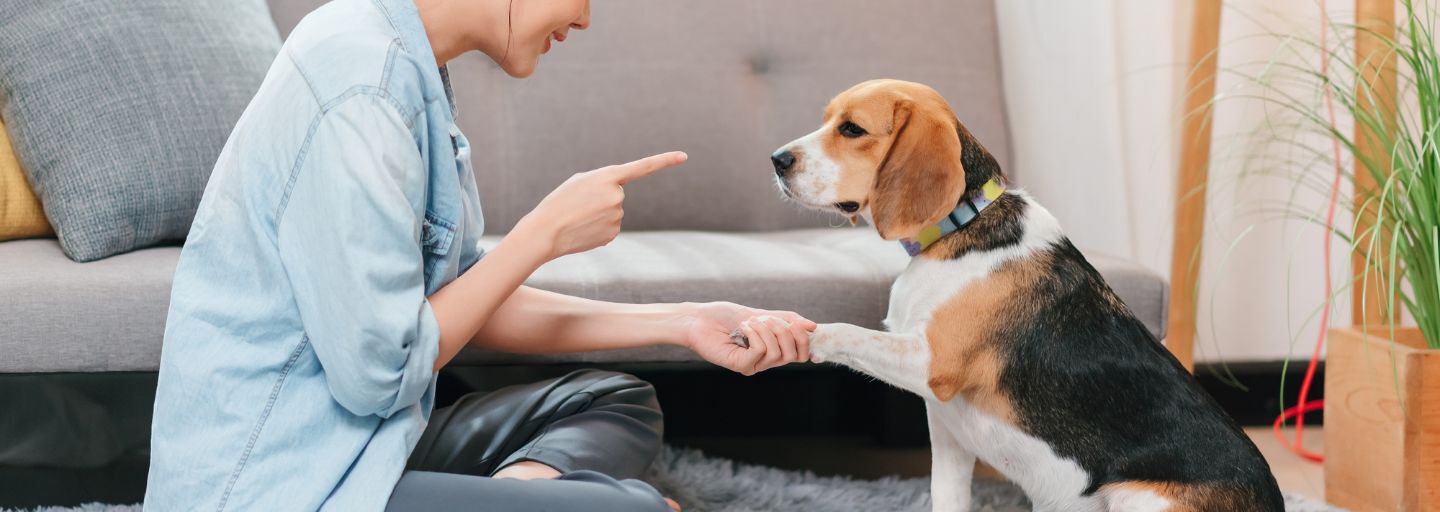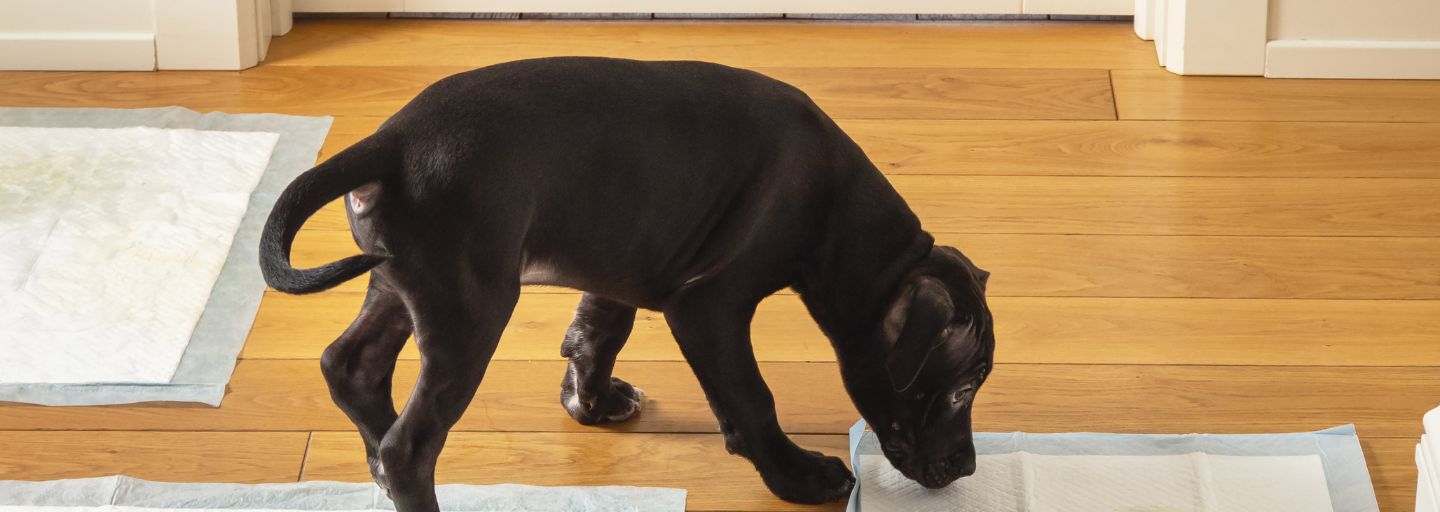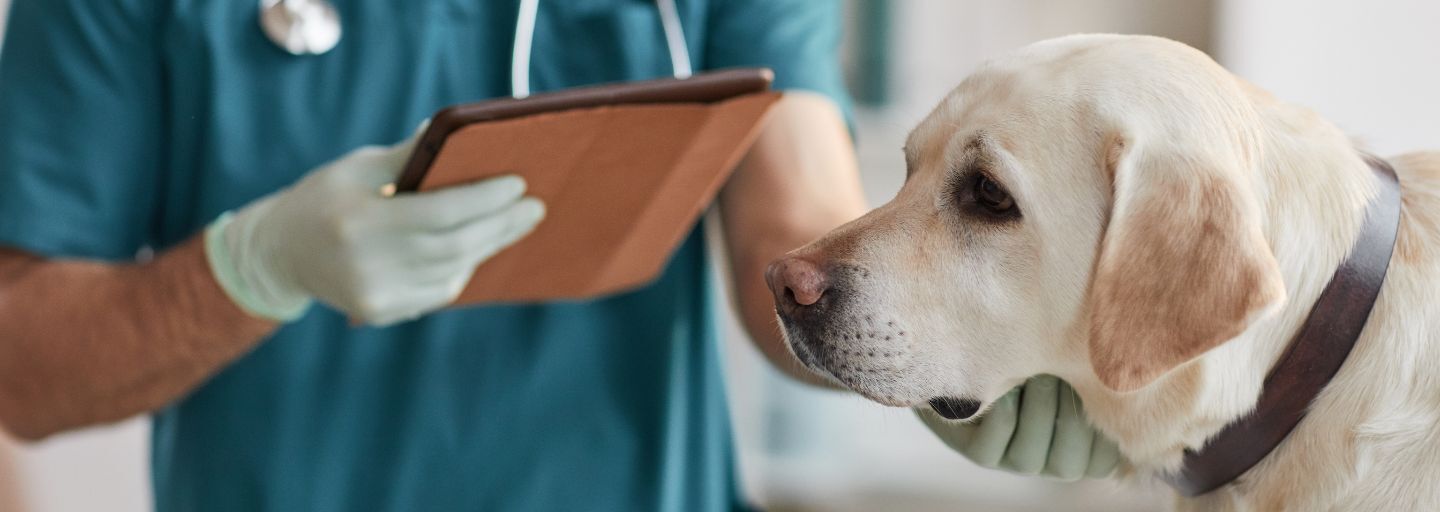In addition to training your dog, it is essential to learn how to interact with them to foster a fulfilling and harmonious relationship. Understanding your dog's behaviour and training them effectively will help you both get the most out of your companionship. Here are some additional tips and insights to enhance your obedience training journey:
Two-way Dog Training
Training your dog is not just about teaching them commands; it's also about understanding their perspective. Dogs are eager to please, so if they are not following your commands, it may be due to unclear communication or ineffective use of rewards and body language. Take the time to observe and understand your dog's body language and signals, as this will help you communicate more effectively and build a stronger bond.
When to Start Training
Training should begin as soon as you bring home a new puppy or rescue dog. Establishing ground rules from the start prevents the development of bad habits and sets a foundation for future training. Consistency is key, so decide on the rules beforehand and stick to them consistently. This will help your dog understand what is expected of them and create a structured and predictable environment.
Training Tips
Patience and a positive attitude are essential for successful training. Use small, tasty treats as rewards to motivate your dog and reinforce desired behaviours. Find a quiet, distraction-free space to focus on training, as this will help your dog stay focused and engaged. Consider joining a training class or working with a professional dog trainer who emphasises positive reinforcement techniques. This will provide guidance, support, and socialization opportunities for both you and your dog.
Ensure You Have Appropriate Training Aids or Equipment:
Using the right tools can make a significant difference in your training sessions. Consider using a clicker to mark desired behaviours and a harness and lead that are comfortable and secure for your dog. These tools can aid in effective communication and control during training. Gradually reduce reliance on treats as your dog becomes more proficient, but always remember to reward and praise them for their efforts.
Types of Tasks
Obedience training encompasses both essential behaviours for your dog's safety and integration into society, as well as fun tricks that add excitement to your training sessions. Focus on teaching behaviours such as housetraining, socialization, recall, sit, stay, walking on a leash, and retrieving objects. These behaviours will help your dog navigate the world confidently and safely. Additionally, teaching enjoyable tricks like giving paw, begging, shutting the door, and catching a ball or treat can provide mental stimulation and strengthen the bond between you and your dog.
Building a Strong Relationship
Training your dog is not just about teaching them necessary skills; it is also an opportunity for quality time together and building a strong bond based on trust and understanding. Use training sessions as a chance to connect with your dog, praise their efforts, and provide positive reinforcement. Remember to be patient, consistent, and always approach training with a positive attitude.
Dog obedience training is a valuable investment in your relationship with your furry companion. By understanding their behaviour, setting clear expectations, and using positive reinforcement techniques, you can train your dog effectively and create a harmonious and joyful partnership. Enjoy the journey of training and celebrate the progress you and your dog make together.



